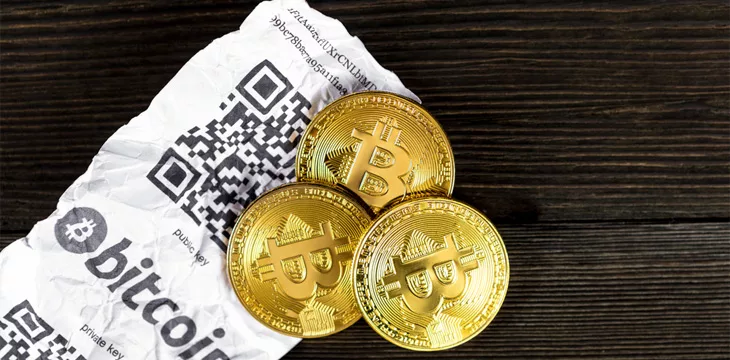|
Getting your Trinity Audio player ready...
|
The securities regulator in Gibraltar has released updated guidance for blockchain technology, offering greater legal clarity on digital token issues and risk management.
The Gibraltar Financial Services Commission has overhauled seven of its nine guiding principles, which were first set out in 2018, on which the regulatory framework is based.
According to a statement from the regulator, the guidance has been updated to better reflect the “natural evolution of the defined regulatory principles”, taking account of changes in the industry since the guidance was first drawn up.
The new guidance introduces definitions for virtual assets and virtual asset instruments and guidelines for distinguishing between the two, the latter of which is often considered to be higher risk than pure virtual assets, according to the GFSC statement.
Under the guidance, token issuers will be prevented from holding internal reserves of their tokens towards complying with capital requirements, as well as introducing new measures for dealing with the risks posed by stablecoins.
The guidance also takes account of the latest recommendations from the Financial Action Task Force on frameworks for regulating virtual asset services firms and virtual assets.
The move follows on from criticisms of Gibraltar, notably from the European Union, over its efforts to date in tackling money laundering through its regulation of the sector.
Some 13 DLT service providers are currently licensed in Gibraltar, including Bisto, Xapo and eToro.
The new guidance has been updated to reflect more comprehensive compliance requirements across the sector, with Gibraltar keen to attract more DLT service providers to choose their jurisdiction for licensing and regulating their business.
The move comes at a time of increasing regulation for blockchain and digital currency businesses worldwide, as governments and regulators strive to make their jurisdictions more appealing for digital currency services and providers.

 07-12-2025
07-12-2025 





